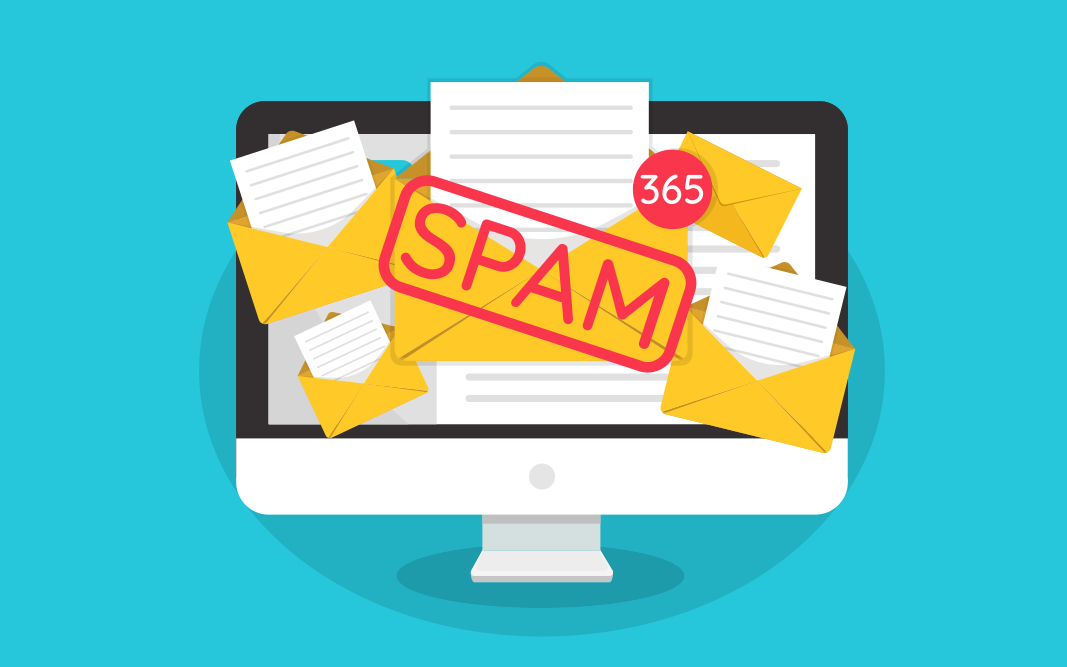With support solutions for the home and office, My Computer Works is here to help you get back to your life.
Don’t “Unsubscribe” To Spam, Even If You Really Want To

From weight loss hacks to “cold calls” to coupons and sales, spam emails drop into people’s inboxes every day. With any luck, and a solid spam blocker, most computer users only ever actually see a few, if any.
However, statistics indicate that 85% of emails are spam. That means, that of the more than 347 billion emails sent every day around the world, just 15% of them are legitimate. And, according to industry reports, of the onslaught of spam emails, about 2.5% involve scams or fraud attempts — most often phishing or identity theft schemes.
Those schemes, which sound nominal compared to the big picture of spam emails, cost businesses more than $20 billion a year, according to reports. That figure is certainly not nominal.
Since legitimate marketers have to follow certain rules for email outreach to avoid being fined, most notably one that requires the recipient to provide either expressed or implied permission, spammers have a few work-arounds. According to industry experts, email addresses can wind up on a spammer list in a few ways.
Data breaches or leaks of databases seem to be so common these days, and email spammers usually take advantage of the information to beef up their outgoing mailing lists. They also may add to their mailing list by scraping the web, a practice that harvests email addresses that are mentioned on websites. Of course, spammers might also buy a list of email addresses or retrieve addresses from malware programs.
As technology evolves, so too do the tactics of those trying to take advantage of it.
The big question is, should a user “unsubscribe” to a spam email? Experts say “no.” And there’s a good reason behind it.
Solid spam blockers help filter spam emails to a safe, designated inbox where unsubscribing isn’t even a temptation — because the user never sees it, and is therefore never bothered by it. But, if some sneak through, that’s a different story.
Officially unsubscribing to true spam is an ill-advised practice because it not only alerts the spam sender that your email address is legitimate and is monitored by a thinking human, but it could inspire the spammer to send even more spam.
However, unsubscribing to marketing emails you no longer need is a perfectly reasonable practice and should not result in any backlash. Well-known retailers and brands will respect that unsubscribe request, in part, because they’re required to.
Spammers don’t follow the rules quite as nicely. So, instead of unsubscribing, use your inbox to your benefit.
- Mark the suspicious spam email as “Spam.”
- Delete spam emails if they’re cluttering your inbox.
- Only give your email address out when you have to.
- If it gets overwhelming, just change your email address.
- Unsubscribe from legitimate email lists you no longer need.
As IT specialists, we are always here to work with clients on challenges they’re facing, but we’d much rather prepare you with proactive steps to protect the security of your device. Hopefully, these tips will help!
Contact us to learn more about how our computer experts can offer you ongoing support for any issues you’re experiencing!

